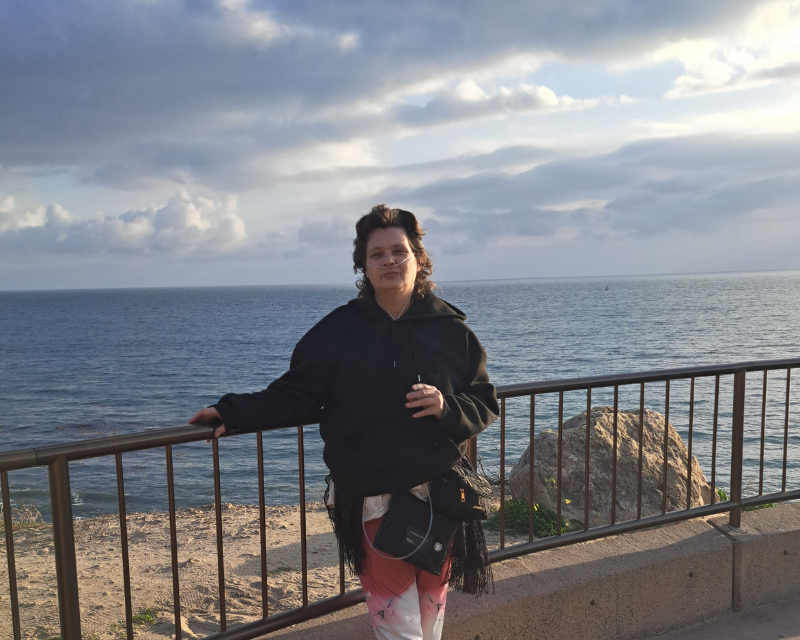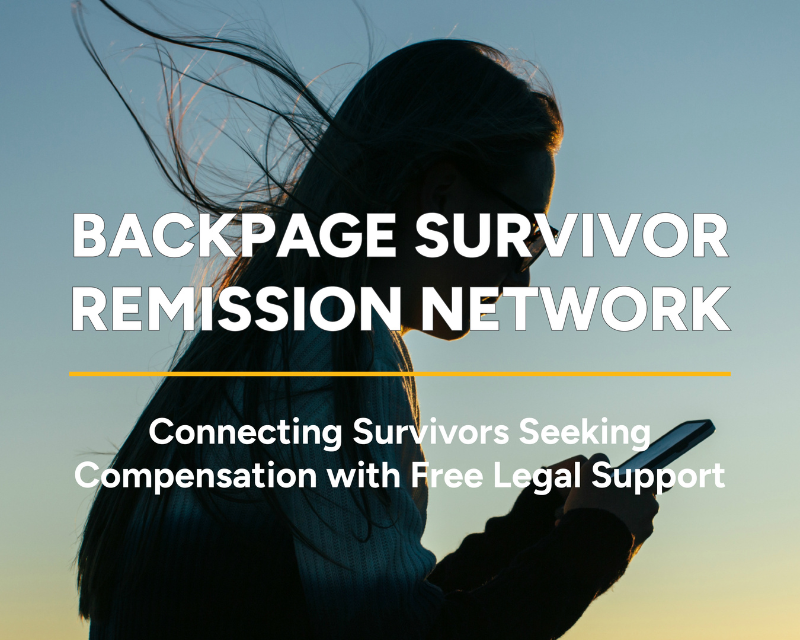
*Maria’s daughter was 16 years old when she was recruited by a dangerous pimp.
After trying, unsuccessfully, to bring her daughter home several times, Maria was running out of options. Originally from Mexico, lacking legal status, and having only lived in the U.S. for a short time, she didn’t know where to turn.
Then, one of her friends told her about the National Human Trafficking Hotline (1-888-373-7888). Thinking she had nothing to lose, she gave it a try.
When Maria first spoke with a Hotline advocate named *Jenny, she was afraid. But Jenny assured her that the Hotline is a confidential, non-governmental organization, so Maria felt she could trust her with her story.
Jenny explained how the Hotline works with trusted law enforcement officials who are trained to respond to human trafficking and always put the needs of victims first. Understanding the grave danger her daughter was in, Maria agreed to cooperate with them.
With Maria’s help, the officials brought her daughter home safely.
One of Thousands
Maria’s daughter is one of over 4,300 potential victims of sex trafficking with a connection to Mexico or Central America reported to the Hotline since 2007.
Stories like hers show how ruthless criminal networks or individuals operating on both sides of the border target vulnerable young women and girls from Mexico or Latino communities in the U.S., and exploit them for profit.
Traffickers deceive and entice victims through false promises of love, good jobs, or safe passage to the U.S. Often lacking legal documents, money, and English fluency, these women and girls are trapped – controlled by their traffickers through debt bondage, physical violence, and other brutal types of abuse.
Effectively fighting this form of trafficking and supporting survivors requires a data-driven, targeted approach that respects these victims’ unique cultural and linguistic backgrounds. Through our strategic initiative to end sex trafficking of women and girls from Mexico and Latin America, Polaris is committed to strengthening the global safety net so victims can receive help, no matter where they are.
Breaking Down the Barriers
National Human Trafficking Hotline advocates undertake over 65 hours of training before responding to their first call. They also receive continuing education about the latest human trafficking trends in regular meetings with Hotline staff and supervisors. While the Hotline has a standard response protocol, each call is unique, and every caller has specific concerns and questions related to the help they need.
Over the past six months, National Hotline staff have worked closely with Polaris’s Mexico team to identify common challenges victims of this form of trafficking often face. By training our National Hotline advocates to recognize the signs of this network, we’re ensuring the Hotline is better able to identify needs, service gaps, and solutions for callers.
In January, bilingual Hotline advocates received supplemental training to learn more about the context of this issue and discuss resources that could empower them to more effectively help this population overcome frequent barriers to services and assistance. As one result of this training, the Hotline and Polaris strategic initiative teams developed a glossary of slang frequently used within this network so advocates can better understand victims’ stories and mirror the language they and their loved ones use to describe their situations.
Another challenge the Hotline identified is the very real threat of harm many victims face – to themselves or to their family members, whether they’re in the U.S. or in their home countries. Advocates are now more prepared to help these callers create a safety plan, and can also connect them to our partner Hotline in Mexico, operated by Consejo Ciudadano (01-800-5533-000).
As we saw in Maria’s story, callers about these cases are often afraid to interact with law enforcement. They may have concerns about immigration, as well as perceptions of corruption carried over from their countries of origin. The trained law enforcement and social service providers we partner with understand these fears and know that, too often, traffickers may use a person’s immigration status as a means of control.
The Trafficking Victims Protection Act guarantees every victim of human trafficking the right to seek justice and assistance, without regard to their status in this country. In upholding this law, the Polaris-operated Hotline is a resource that will confidentially assist any caller in need.
You can help
If you need help or suspect a potential trafficking situation, call the National Human Trafficking Hotline at 1-888-373-7888 or send a text to BeFree (233733).
*Names and identifying details have been changed to protect the privacy of individuals.


